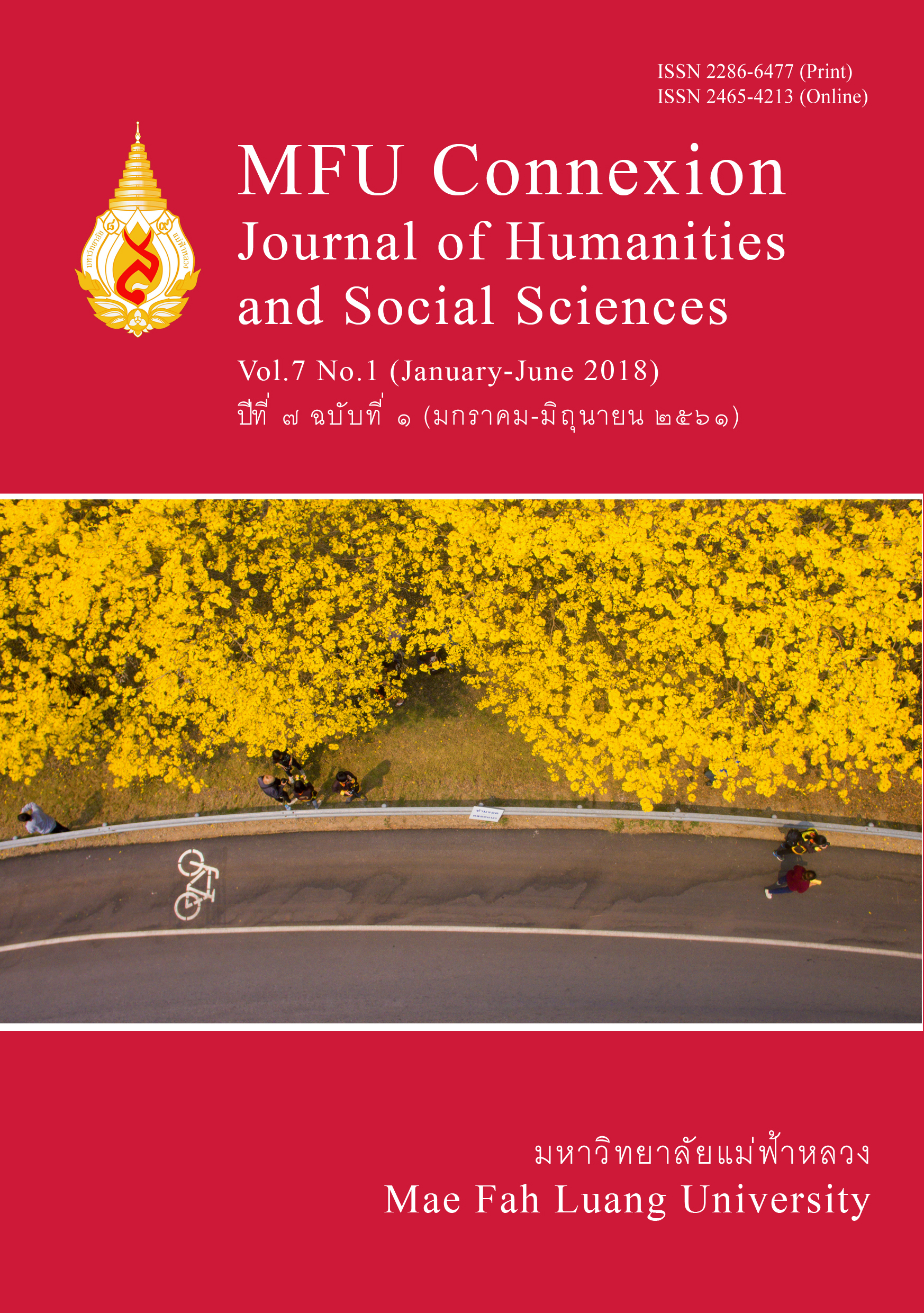Development of Menopause Treatments Using Applied Thai Traditional Medicine Prapokklao Hospital, Chanthaburi, Thailand (in Thai)
Main Article Content
Abstract
This qualitative research aimed to study the development of menopause treatments using applied Thai traditional medicine at Prapokklao hospital, Chantaburi, Thailand. The results indicated that five aspects of menopause treatments by Thai traditional healers have been developed. (1) Physical examination and diagnosis using only pulse handing have been improved. Physical examination, analysis of elements causing disease, and intensive history taking by applied Thai traditional doctors were analyzed in order to prescribe appropriate drugs. (2) Confirmation of laboratory result, hormone testing was determined to correctly manage treatment guidelines by physicians and applied Thai traditional doctors. (3) Developed herbal recipes from single pill formulations have been prescribed by applied Thai traditional doctors. In order to manage the suitable recipe for each menopause, three herbal recipes have been researched and developed and each recipe was used in combination with drugs in the national list of essential medicines. (4) Thai massage and herbal steam were applied with the patients in order to decrease the complications. (5) Appointments for following up the patients were improved by adding online media such as Line, Facebook, and E-mail to contact the patients. In addition, confirmation the therapeutic benefits using blood testing was determined by physicians. In conclusion, this research revealed that applied Thai traditional medicines have developed a beneficial method for menopause treatment.
Article Details
Copyright
Connexion: Journal of Humanities and Social Sciences has an exclusive right to publish the accepted articles in any form. However, the author retains the following rights:
1. The right to the ownership of the article;
2. The right to use all or part of the article in his/her other works;
3. The right to re-produce the article for personal use or for use in the author’s organisation, in which case the author must obtain permission from Connexion: Journal of Humanities and Social Sciences;
4. The right to make copies of all or part of the work for educational use or for the author’s use in classroom teaching; and
5. The right to include the work (both the preprinted and printed versions) in an institutional repository.
References
Edwards, D. (2016) Treating vulvovaginal atrophy/genitourinary syndrome of menopause: How important is vaginal lubricant and moisturizer composition, Climacteric, vol. 19, no. 2, pp. 151-161.
Martin, V. T., et al. (2016) Perimenopause and menopause are associated with high frequency headache in women with migraine: Results of the American migraine prevalence and prevention study, Headache, vol. 56, no. 2, pp. 292-305.
Peng, W., et al. (2016) Longitudinal analysis of associations between women's consultations with complementary and alternative medicine practitioners/use of self-prescribed complementary and alternative medicine and menopause-related symptoms, 2007-2010, Menopause, vol. 23, no. 1, pp. 74-80.
Public Health Department. (2016) Strategic plan for environmental health promotion and development according to the nation health development plan nation economic and social development, Vol.12 (แผนยุทธศาสตร์การพัฒนาระบบส่งเสริมและอนามัยสิ่งแวดล้อม ตามแผนพัฒนาสุขภาพแห่งชาติในช่วงแผนพัฒนาเศรษฐกิจและสังคมแห่งชาติ ฉบับที่ 12 พ.ศ.2560-2564), Nonthaburi: Ministry of Public Health. (in Thai)
Samitivej. (2015) Women Health Center, WHC (ศูนย์สุขภาพสตรี), Thonburi: Samitivej Hospital. (in Thai)
Swasdichai, C. (2016) Project of the activity movement Thai traditional medicine in out patient department (OPD) (เอกสารประกอบการประชุม โครงการขับเคลื่อนกิจกรรมให้บริการแพทย์แผนไทย ในแผนกผู้ป่วยนอก (OPD คู่ขนาน)), Sabai Hotel Nakhon Ratchasima, 13 June 2016. (in Thai)
Yang, C. F., et al. (2016) Sex life and role identity in Taiwanese women during menopause: A qualitative Study, J Adv Nurs, vol. 72, no. 4, pp. 770-781.


